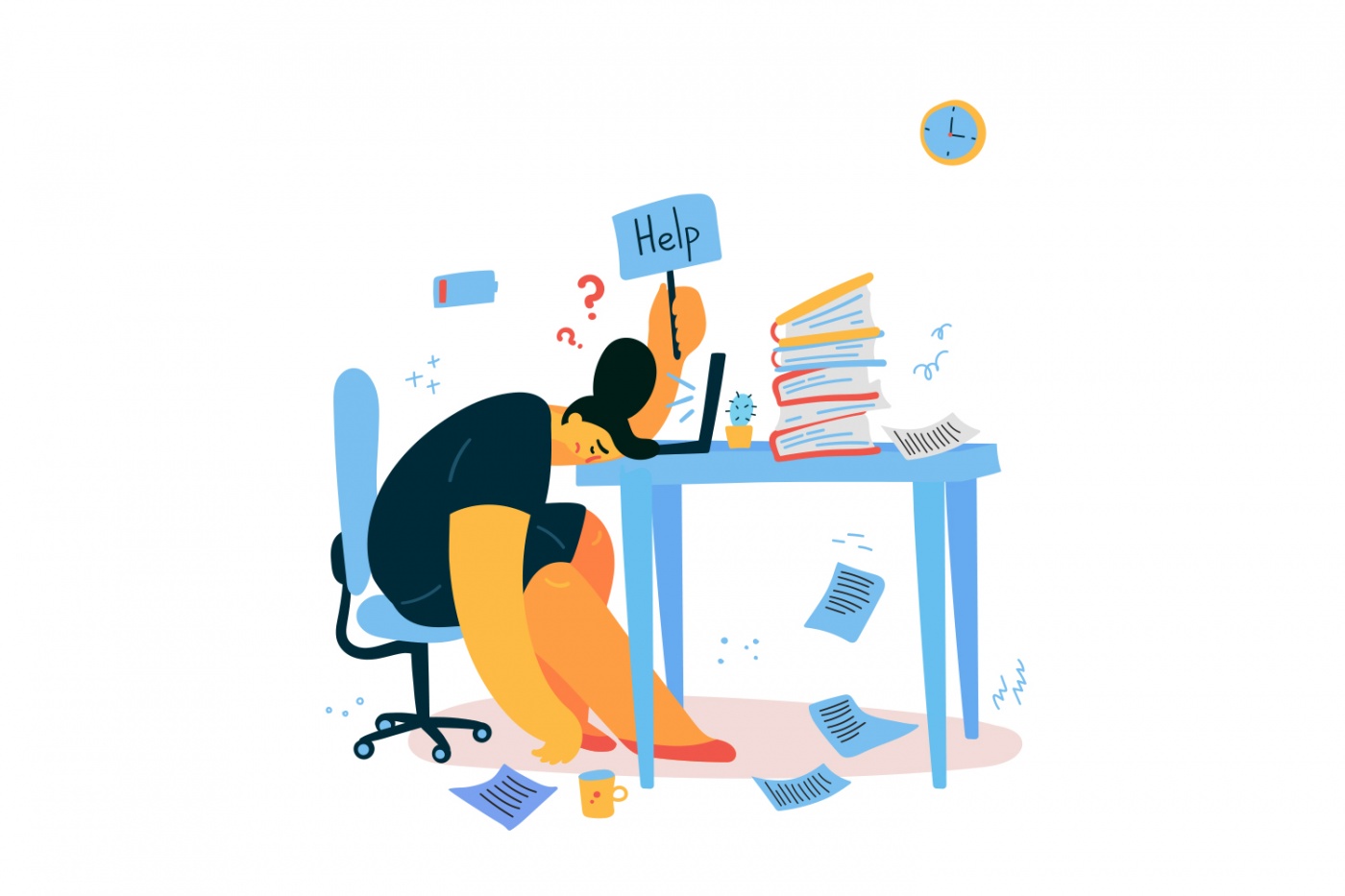WFH Burnout Is Real. Here’s How to Prevent It.

Once upon a pre-Covid-19 time, the notion of working from home would be a dream come true for many. No more jostling with bellicose humans when taking public transport or fending off cars cutting into your lane during the morning commute to work. But nowadays, this dream is becoming more of a nightmare. Sheltering in place has created a perfect storm, causing us to have a warped sense of time. Days blur into each other, mornings melt into evenings, and you lost count of the number of linners you have had.
Thanks to our mobile devices, round the clock connectivity has become a bane instead of a boon, blurring the boundaries between our work and personal life. “I feel like I’m working non-stop, all the time,” exclaimed a friend. Are you on the verge of a burnout? The key is to learn how to compartmentalise for a better work-life balance. Here are five tips to reduce your WFH stress.
Avoid sending emails after working hours.
More often than not, we tend to send or reply to work emails after office hours, even if they are not critical. Before you know it, you are exchanging a series of emails throughout the night, and your sleep is compromised. The only way to kill this cycle is to stick to a schedule and dictate how much time you want to spend online. If you have a nocturnal boss who unintentionally sends emails at 3 a.m., do not feel the urge to reply immediately. At some point, you might also want to have an honest conversation with him or her regarding the time-frame of responding to an email. You don’t have to be a slave to your inbox (unless it’s urgent).
Give attention to what is important.
Under the guise of being productive, we may spend more time tackling the low-hanging fruit rather than focusing on areas that require deeper work. Don’t faff around. Instead, make a list of tasks and rank them according to their level of importance. For example, more energy should be spent on refining your pitch or brainstorming on creative concepts for campaigns and not on administrative, organisational tasks.
Keep connected with colleagues.
Although you may be surrounded by your family members during this period, it is still crucial to stay connected with your colleagues. Don’t neglect them as they are able to relate to your work struggles and even lend a shoulder of support in moments of need. Start the ball rolling by organising a weekly Zoom happy hour or perhaps send a quarantine care package to let your co-worker know that you are thinking of them.
Beautify your home workspace.
Being cloistered indoors all day can have dire effects on your mental health. It can feel claustrophobic, especially if your home doesn’t have tons of natural light. To make your home workspace more conducive, get some potted plants or flowers—they not only beautify your surroundings but also have an uplifting effect on your emotional well-being. Invest in soft or warm lighting to create a cosy and inviting atmosphere too. Draw inspiration from interior design guru Kelly Wearstler, who offers design tips on how to make a working space more functional. Her expert recommendations include getting rid of clutter, having comfortable chairs and placing your desk by a window with a view.
Take breaks or exercise.
Whenever you feel a bout of stress coming on, allow yourself to take a 10-minute break to recharge. It could be making yourself a cup of tea or coffee, or exercising outdoors like taking a slow walk around the neighbourhood to get some sunlight, which can regulate your mood. Jogging is a great way to get your heart rate up as well as strengthen your immune system. Consider going to a green space like a nearby park, as studies have confirmed that nature is an excellent energy source. Any form of physical activity always does wonders to boost creativity, especially when you feel like you are stuck in a rut at work.

